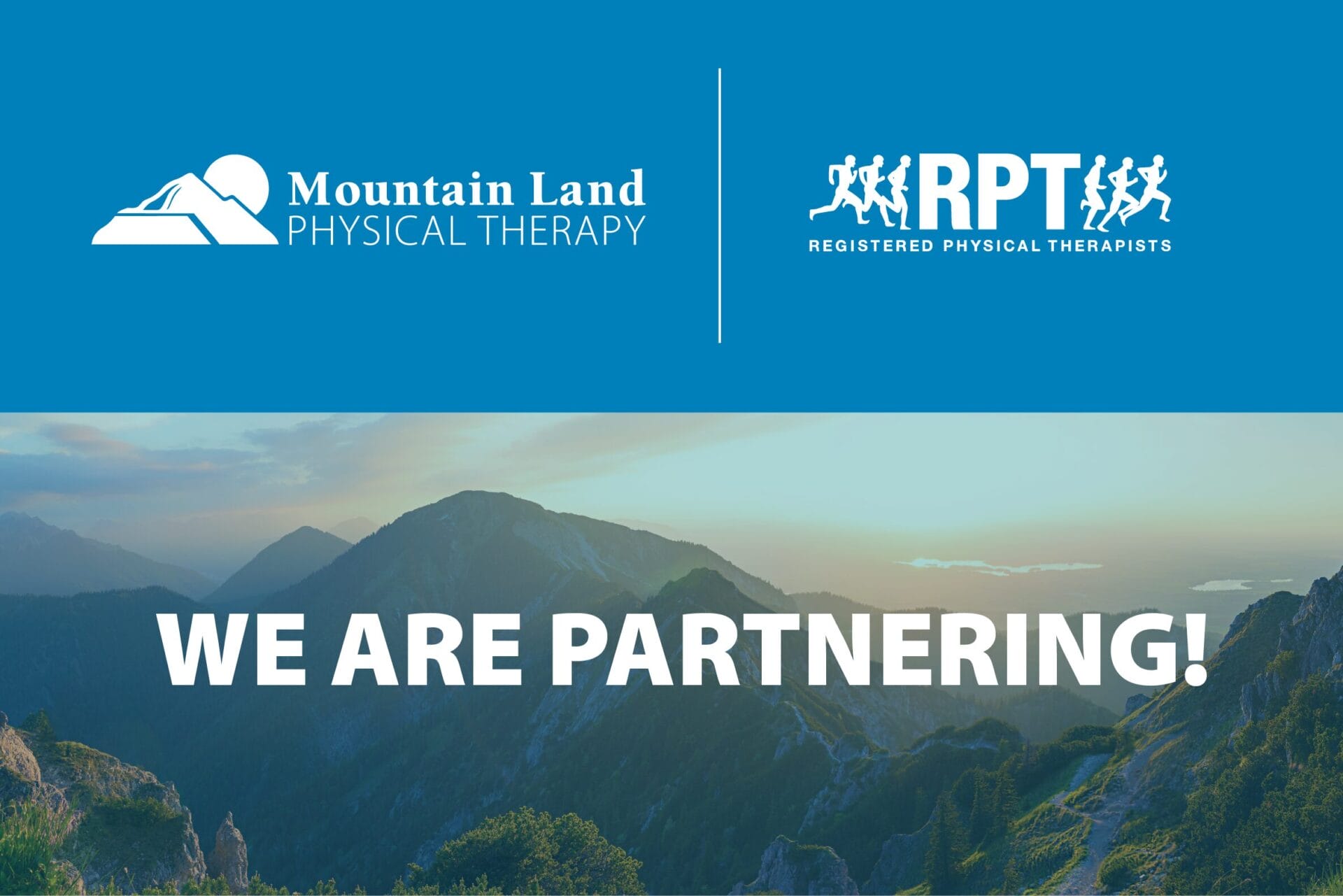In the realm of modern medical diagnostics, electromyography (EMG) assumes a pivotal role in unraveling the intricacies of our neuromuscular system. This sophisticated procedure not only allows healthcare professionals to gain valuable insights into the functioning of muscles and their associated nerves but also assists in identifying muscle dysfunction, nerve irregularities, and disruptions in signal transmission. Therefore, at Mountain Land Physical Therapy, we deeply acknowledge the significance of EMG. In this blog post, we will delve into the importance of EMG, its diverse applications, and what patients can anticipate during the procedure.
The Purpose of EMG
Electromyography, commonly referred to as EMG, serves as a diagnostic marvel for evaluating the health of muscles and nerves. It proves to be a valuable tool, especially when patients experience symptoms such as limb pain, numbness, tingling, and muscle weakness. EMG, working in conjunction with nerve conduction testing, equips doctors with the ability to diagnose a variety of neuromuscular conditions, including but not limited to:
- Diagnosing nerve root disorders like herniated discs.
- Identifying peripheral nerve compressions such as carpal tunnel syndrome.
- Diagnosing peripheral neuropathies like diabetic neuropathy.
- Detecting muscle disorders such as muscular dystrophy.
- Identifying diseases impacting nerve-muscle connections like myasthenia gravis.
- Diagnosing motor neuron disorders like amyotrophic lateral sclerosis.
Navigating the EMG Experience
Throughout an EMG, a gentle electrical current is employed to measure nerve conductivity. A small electrode needle is carefully inserted into the affected muscle, causing minimal discomfort. Patients are then guided by their skilled physical therapist to perform controlled movements, aiding in the identification of signals and areas of inactivity.
Post-Procedure Care and Analysis
Patients should expect slight soreness following the EMG, which will quickly fade. Our therapists provide home remedies for comfort. After analyzing the results, they will share them with the primary physician. The physician will review the findings and, if necessary, the physical therapist will design a personalized treatment plan to address pain and underlying issues.
EMG opens a window into the complexities of muscles and nerves, aiding in diagnoses that impact neuromuscular health. At Mountain Land Physical Therapy, we prioritize your well-being and utilize EMG to provide insights, comfort, and tailored solutions. Trust in EMG for a comprehensive understanding of your neuromuscular health journey. Contact our EMG and Nerve Conduction specialist, Matt Okelberry, PT, DPT, ECS, OCS, today!










